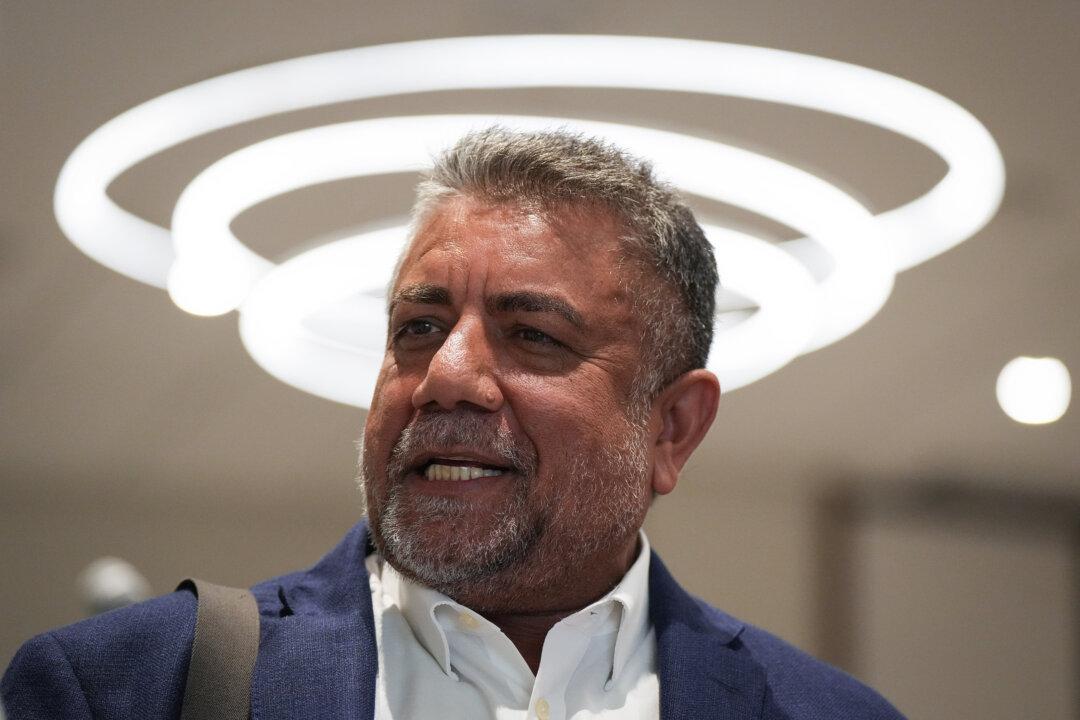A Liberal MP says he was threatened and accosted after he refused to consent to another Liberal MP’s motion related to recognizing a campaign of violent attacks against Sikhs in India as genocide.
Chandra Arya made the statement in the House on Dec. 6 after MP Sukh Dhaliwal attempted to get unanimous consent to have the actions taken during the 1984 anti-Sikh riots in India declared a genocide of the Sikh people.





